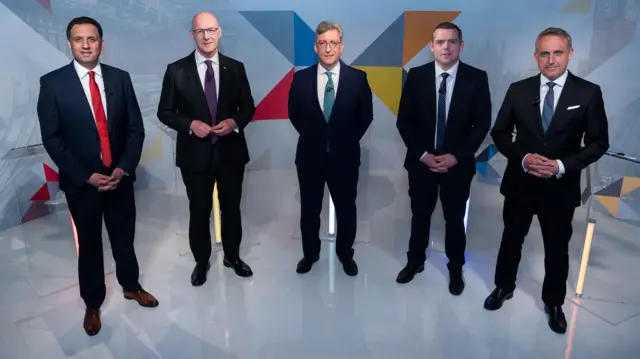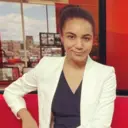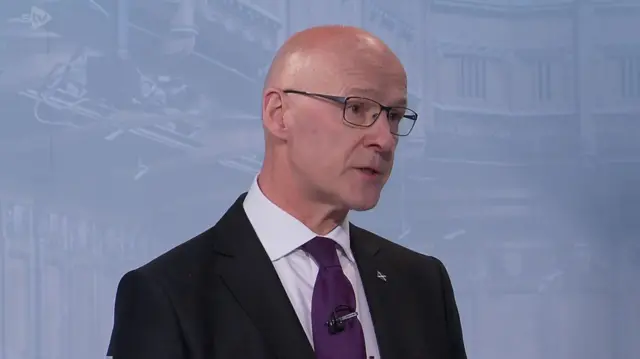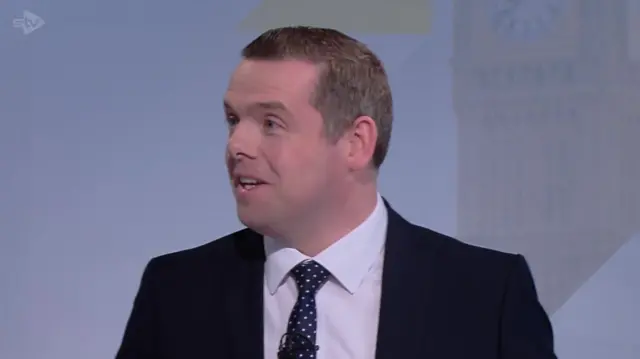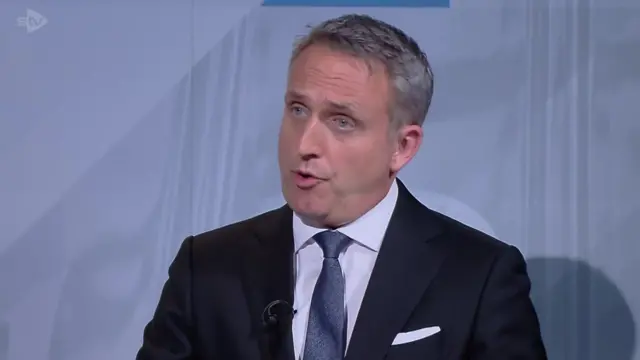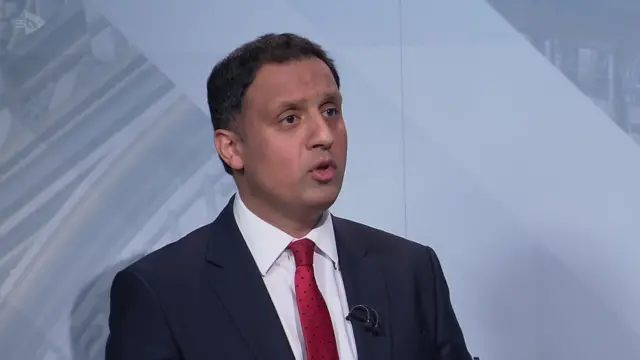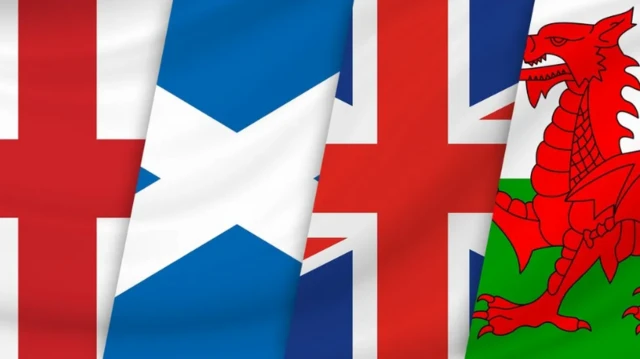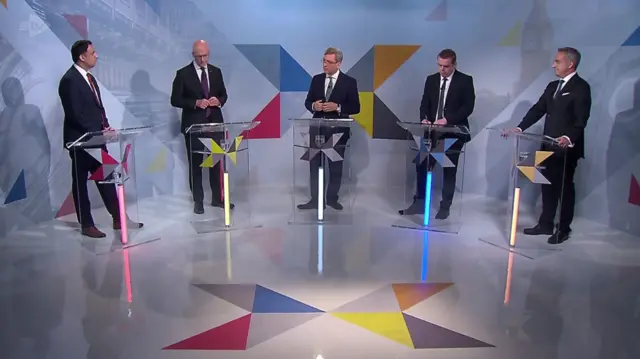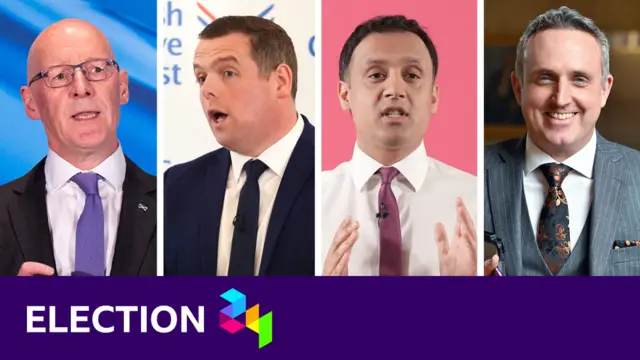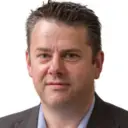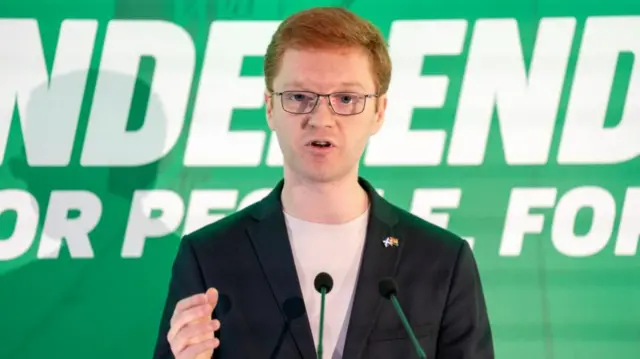See you tomorrowpublished at 22:51 BST 3 June 2024
 Emily Atkinson
Emily Atkinson
Live reporter
It's been another busy day of updates - some more shocking than others - and all with just 31 days left before the general election.
For now, though, we'll be bringing an end to today's election coverage.
But come back tomorrow, when we'll bring you the latest announcements and election pledges, before rounding off the day with Prime Minister Rishi Sunak facing Labour leader Sir Keir Starmer on ITV at 21:00 BST, in the first televised debate between the two leaders.
It's shaping up to be a real blockbuster - don't forget your popcorn.
- In the meantime, you can read our latest BBC InDepth article on Nigel Farage's return to the political fray here
- And stay up to date with our election coverage here
Thanks for joining us.
